The Surprising Benefits of Choosing Organic Fibers
Choosing organic fibers for your home offers the benefits of Organic Fibers for both the environment and your health. Organic fibers like cotton, linen, hemp, and wool are grown without synthetic pesticides or fertilizers, reducing environmental impact and conserving water. These materials improve indoor air quality by emitting fewer harmful chemicals, making them ideal for allergy sufferers and those with chemical sensitivities. Additionally, organic fibers are durable and biodegradable, reducing waste and ensuring a longer lifespan for your home textiles. Opt for organic fibers to support sustainability and create a healthier, greener home.
Table of Contents
What Is Organic Fiver in Fashions?
Organic fiber is a natural, eco-friendly material grown without harmful pesticides, herbicides, or genetically modified organisms (non-GMO). It adheres to the principles of organic farming, protecting ecosystems, soil, and human health. By choosing organic fibers, you’re not just making a fashion statement, you’re making a conscious decision for a healthier planet.
Organic Fiber Certification
To ensure authenticity and consumer trust, global standards regulate the use of organic fibers in textile products. Here’s a breakdown of two key certifications:
Global Organic Textile Standard (GOTS): This is the strictest and most well-respected certification. It guarantees that at least 95% of the fibers in your clothes are organic and that no harmful chemicals were used throughout the production process. You’ll see the “Organic” label on clothes that meet the GOTS standard.
International Organization for Standardization (ISO) IWA 32:2019: This standard focuses on making sure no genetically modified organisms (GMOs) are present in the cotton used in your clothes. You won’t see a specific label for this standard, but it helps ensure the cotton is truly organic.
These certifications provide independent verification of organic claims, ensuring consumers get what they pay for and supporting ethical practices throughout the supply chain.
Why Choose Organic Fiber?
Beyond the environmental benefits, organic fibers offer a multitude of advantages for both the wearer and the planet:
- Environmental Protection: Organic farming methods rely on natural fertilizers and pest control, minimizing pollution from harmful chemicals that can leach into soil and waterways.
- Soil and Animal Safety: Organic practices promote soil health and biodiversity, creating a safer environment for earthworms, beneficial insects, and other wildlife. This improved soil health also leads to better water retention and erosion control.
- Chemical-Free Processing: Organic fibers undergo processing with minimal or no harsh chemicals, reducing the risk of allergic reactions and skin irritation for consumers, as well as protecting workers involved in textile production.
- Water Treatment: Organic fiber processing facilities must adhere to strict water treatment protocols to ensure safe release of wastewater back into the environment, minimizing water pollution.
- Ethical Labor Practices: Organic fiber production often comes with stricter regulations regarding child labor and prioritizes occupational health and safety for workers throughout the supply chain.
Leaders in Organic Textile Standards
Two renowned non-profit organizations are at the forefront of implementing and promoting organic textile regulations:
- Textile Exchange (USA): Established in 2002, Textile Exchange has developed a comprehensive suite of standards for organic fibers, recycled content, and responsible wool production. They work with brands, manufacturers, and farmers to promote sustainable textile practices globally.
- Global Organic Textile Standard (GOTS) (Germany): Launched in 2006, GOTS is the world’s leading standard for organic fibers throughout the textile supply chain. They oversee certification processes and provide traceability for organic products, ensuring consumer confidence.
These organizations play a vital role in ensuring the integrity of organic fibers and promoting the growth of a more sustainable textile industry.
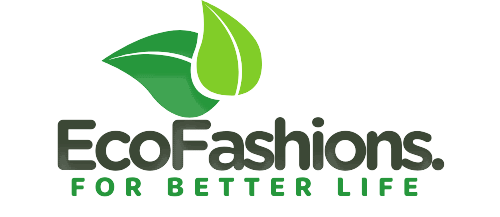
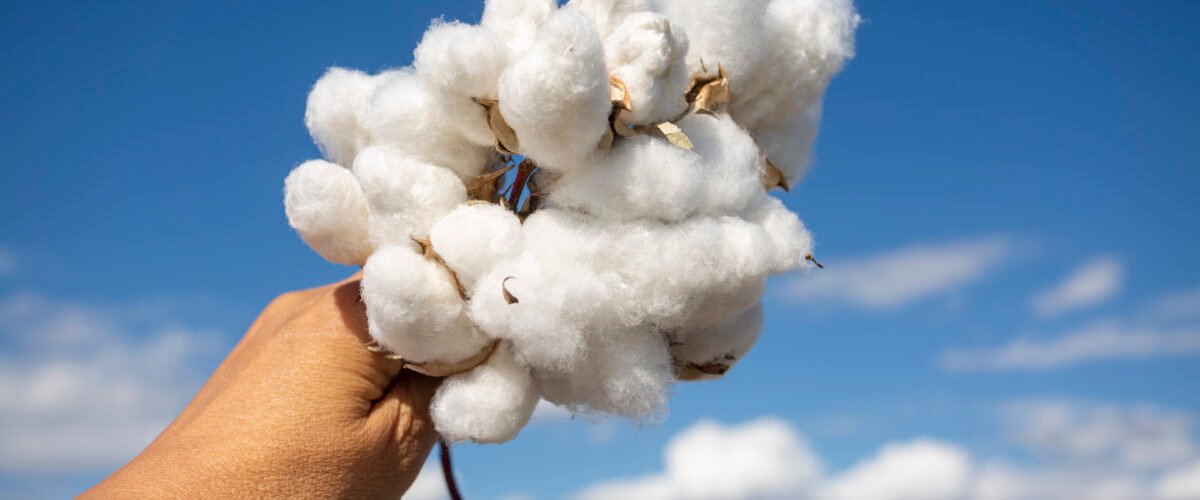




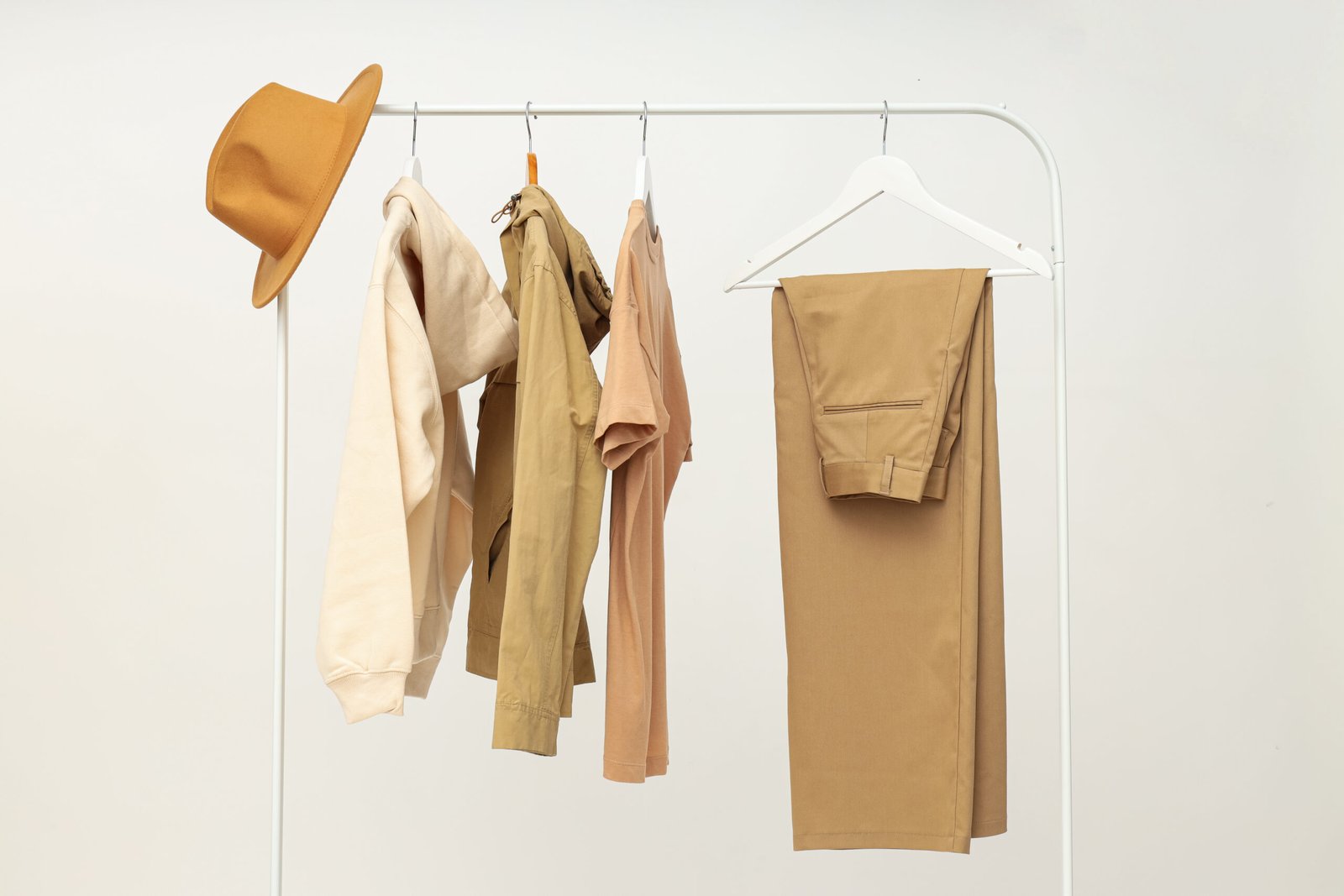
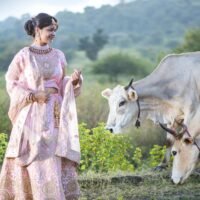


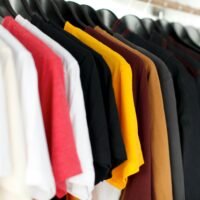
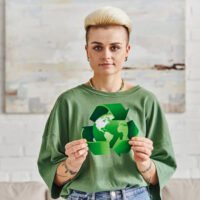
Recent comments
-

g200m
Valuable information. Fortunate me I discovered your website…
-

slot demo pragmatic
Why visitors still use to read news papers…
-

sogou
Great delivery. Sound arguments. Keep up the great…
Add a comment...